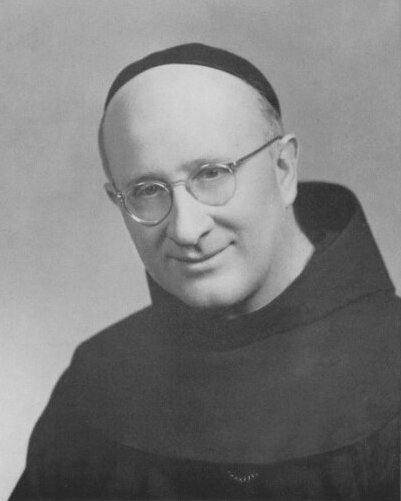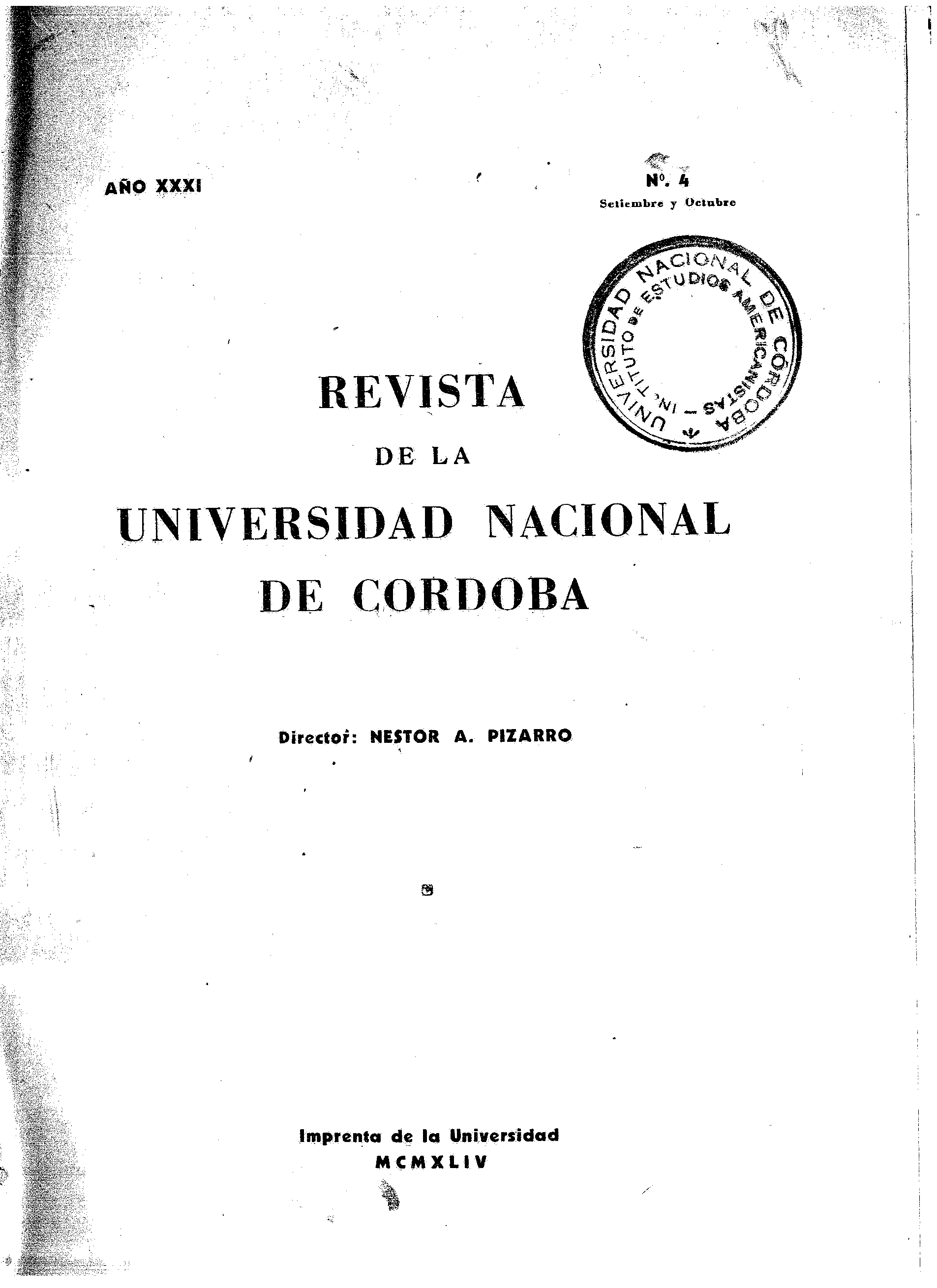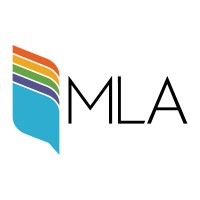The Scholastic Logic System
Keywords:
Philosophy, Religion, Jesuit, Scholastic LogicAbstract
Our neo-scholastic Logic has taken a position that necessarily defies criticism not only from modern logicians, but also from scholastics versed in the history of their own traditions. The former deny that it is a new logic at all, and the latter that it is genuinely scholastic. This is the reason why it is not recommended for our ecclesiastical seminaries. the seventeenth and eighteenth centuries is not recommended for our ecclesiastical seminaries, since they profess a renewal of the the renewal and even modernization of scholasticism is professed in them. Certainly, there still exist neo-scholastic logicians -their number is tenaciously decreasing- who believe and preach that their neo-scholastic logic cannot be surpassed by any modern philosophy; and that certainly it cannot even be presented, if this modern logic is corrupted with positivism.
References
W. VAN QUINE, Lógica Elementaria, Ginn y Compañía, Boston, 1941, p. 166; también p. 3.
De consequentiis scholasticorwrn earumque origine, en Angelicum; 15 (1938), p. 106 ss.
PHI-LOTREUS BORNER, O. F. M., El Tractattrs de Successivis, editado con un estudio sobre la Vida y Obra de Ockham, Instituto Franciscano de Publicaciones, I, p. 16, ss., The Franciscan Institute, St. Bonaven-ture; N. Y., 1944.
Cfr. C. PRANTL, Geschichte der Logik im Abendlande, vol. IV, Leipzig 1870, pp. 63-82.
JAN LUKASIEWICZ, Zur Geschichte der Aussagenlogik, en Erkenntnis 5 (1935-1936), pp. 111-113.
Downloads
Published
Issue
Section
License
Copyright (c) 1944 Universidad Nacional de Córdoba

This work is licensed under a Creative Commons Attribution-NonCommercial-ShareAlike 4.0 International License.
Commercial use of the original work and any derivative works is not permitted, and distribution of derivative works must be made under a license equal to that which governs the original work.







